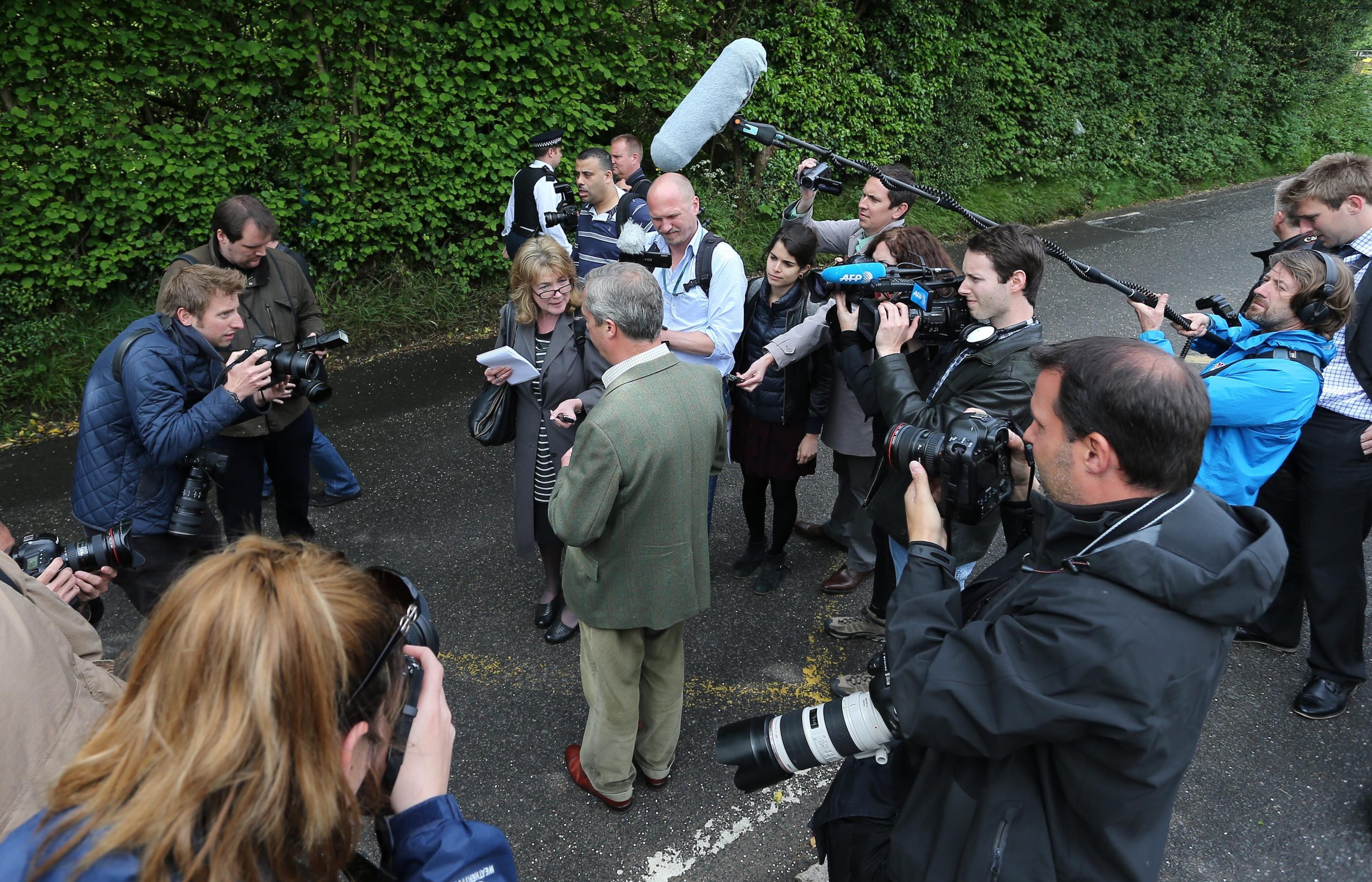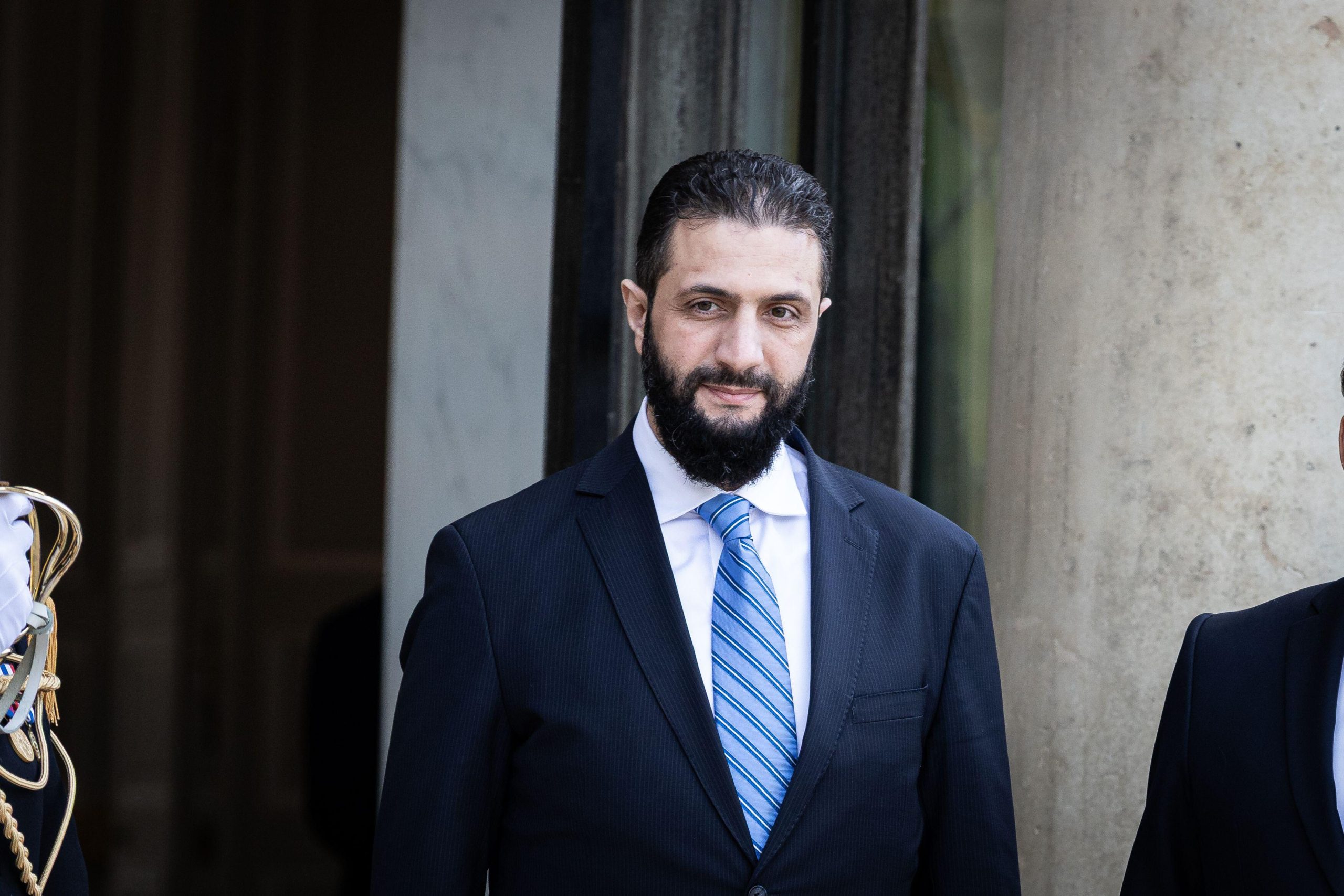 Secret inquiries seriously undermine the principle of open justice, says Daniel Machover
Secret inquiries seriously undermine the principle of open justice, says Daniel Machover
Judging by his recent statements, the Justice Secretary, Jack Straw, seems to expect a “thank you” note from Susan Alexander in the next few days. Thanks to him, a senior judge will soon have access to secret evidence and hold an inquiry into the death of her son, Azelle Rodney. The judge will also be able to put questions arising from this secret evidence to the police officer who killed Azelle Rodney.
There are a few problems though. Alexander won’t be allowed to see this evidence or have access to the judge’s questions to witnesses about it, or to their answers; nor will an inquest jury ever be involved. Part of the judge’s inquiry report will be secret.
But there will be an inquiry, so Alexander should be pleased, according to Mr Straw.
As he explained to the House of Commons, Alexander and inquest juries have “not been cleared for these purposes”, and “uncleared people” must be kept out of a tight ring of secrecy where phone taps are concerned. Otherwise, Mr Straw implies, there will be hell to pay with national security and the fight against crime. That is the reason we need secret inquiries, apparently.
So, what is this all about? Azelle Rodney was killed by a firearms officer in London on 30 April 2005, when police stopped a car in which he was a passenger following a surveillance operation. Susan Alexander has been waiting for more than four and a half years for an inquest to be held into his death. The police probably had a “phone tap” (under what is known as an intercept warrant) as part of the surveillance operation, which may have been directly relevant to the decision to stop the car at the time and in the particular way it was stopped. But Alexander has had to guess about this intercept warrant because, with few exceptions, under the Regulation of Investigatory Powers Act 2000 (RIPA), it is a criminal offence for the small number of people who “need to know” about the existence of an intercept to tell anyone else about it, as is telling them the content of the information obtained — so-called “intercept material”.
When Parliament passed RIPA our legislators failed to make a provision for intercept material to be released to an inquest into a death in custody. Instead, the only exception to the rule is in a criminal prosecution, where the interests of justice require intercept evidence to be disclosed to a defendant. However, that exception rarely results in any disclosure to a defendant, because the Crown Prosecution Service has the option of simply dropping the case against a defendant who may get sight of intercept material. This means neither a criminal defendant nor a jury in a criminal case — ie people “not cleared for these purposes” — enter the tight ring of secrecy created by RIPA.
In August 2007, having received a legal submission from the solicitors for the police, who have seen the “sensitive material” being suppressed in this case, a coroner accepted that it was impossible for him to hold a proper inquest into Azelle Rodney’s death until the legal obstacles relating to the withheld evidence were overcome. So it was that, in September 2007, Susan Alexander threatened legal action against the Ministry of Justice unless it promised to change RIPA to ensure that this inquest could proceed.
What Alexander envisaged at the time was a fairly simple change to the law, creating a new exception in RIPA allowing the disclosure of intercept material to coroners, who then assess the material and decide whether or not it must be considered by the inquest jury so it can assess how and in what circumstances the person in question died. In the case of Azelle Rodney, the coroner would then have the power to disclose that evidence to Susan Alexander and her legal team, as well as to the jury, who have to decide the facts and conclusions after hearing all the evidence.
In November 2007, the government promised to urgently amend the law to enable the inquest into Azelle Rodney’s death to resume. But to Alexander’s great surprise, the government created a new class of inquest — secret inquests, where specially appointed coroners sit without a jury in private session, without the presence of bereaved families. It was proposed that only this type of inquest would be able to receive intercept material. There was widespread opposition to the plan and it was withdrawn in October 2008 during the passage of the Counter Terrorism Bill (CTB), but nothing was put in its place to solve the “Azelle Rodney problem”.
However, the Liberal Democrats did introduce an amendment to RIPA in the CTB, along the lines sought by Susan Alexander. The Labour Party used its majority in the House of Commons to defeat the RIPA amendment. That was a year ago. But the government made a new promise: they would consult Alexander on their second attempt to solve this problem through legislation. They did not deliver on that promise. Instead, on the day that the Coroners and Justice Bill (CJB) was published in January 2009, she was informed that the solution to the problem was…yes, you guessed it, secret inquests! The CJB contained an almost identical proposal for secret inquests as the one proposed in the CTB. Once again, secret inquests met with universal opposition and, in May 2009, the government dropped the proposals for a second time.
Meanwhile, largely unnoticed, as part of the Counter Terrorism Act 2008, there was a small amendment to RIPA that enabled inquiries set up under the Inquiries Act to receive RIPA material. Now the panel of an inquiry, but not the parties involved in the inquiry, can receive intercept material. The stage had therefore been set for “Plan B”.
Having failed to convince Parliament of the need for secret inquests, a series of provisions in the Coroners and Justice Bill was introduced, whereby an inquest would be abandoned in any case where an inquiry into the death had been set up by the Justice Secretary under the Inquiries Act. The Liberal Democrats tried to get rid of the secret inquiry provisions by re-tabling the proposed amendments to RIPA, so inquests could receive intercept material. The House of Lords initially backed that amendment, with the full support of the Tory front bench.
In the House of Commons on 9 November 2009, the Conservative Party and 31 Labour rebels voted against the secret inquiry provisions, reducing the government’s Commons majority to eight votes. The Conservatives also supported amendments to RIPA (ie to enable intercept evidence to be received at inquests). But on 11 November, Conservative opposition to secret inquiries evaporated completely and they joined the Labour Party in protecting the RIPA ring of secrecy. The Tories said any RIPA changes needed to wait while a broader review of the admissibility of intercept evidence is completed. The Bill no longer contains an amendment to RIPA, while the secret inquiry provisions survive with only cosmetic changes. The government’s “Plan B” has worked.
Whatever changes are made in future, a solution needs to be found for Azelle Rodney’s case, and for any other case that happens before RIPA reforms on intercept evidence take effect. These reforms could take years — the Chilcott report on admitting intercept material into evidence was delivered in January 2008, but no law reform is ready for consultation.
And so it is that Justice Secretary Jack Straw is waiting for a “thank you” letter from Susan Alexander. But we learned something else from Jack Straw’s speech in the House of Commons on 9 November. In criminal cases, even very serious cases, a prosecution will be dropped if a defendant and a criminal jury might end up seeing intercept material, given such persons “have not been cleared for these purposes”. A judge in the Azelle Rodney inquiry will know this practice exists and be acutely conscious of this. The judge will know that a criminal case will never get anywhere. So, Alexander is entitled to ask: whatever the evidence, is the judge going to be prepared to say that there has been an “unlawful killing”?
Parliament has allowed the principle of open justice to be seriously undermined. In fact, secret justice will not be justice at all. And that is why Susan Alexander will not be writing a “thank you” note to Jack Straw.
Daniel Machover, a partner at Hickman and Rose, is the Chair of INQUEST and the solicitor for Susan Alexander





